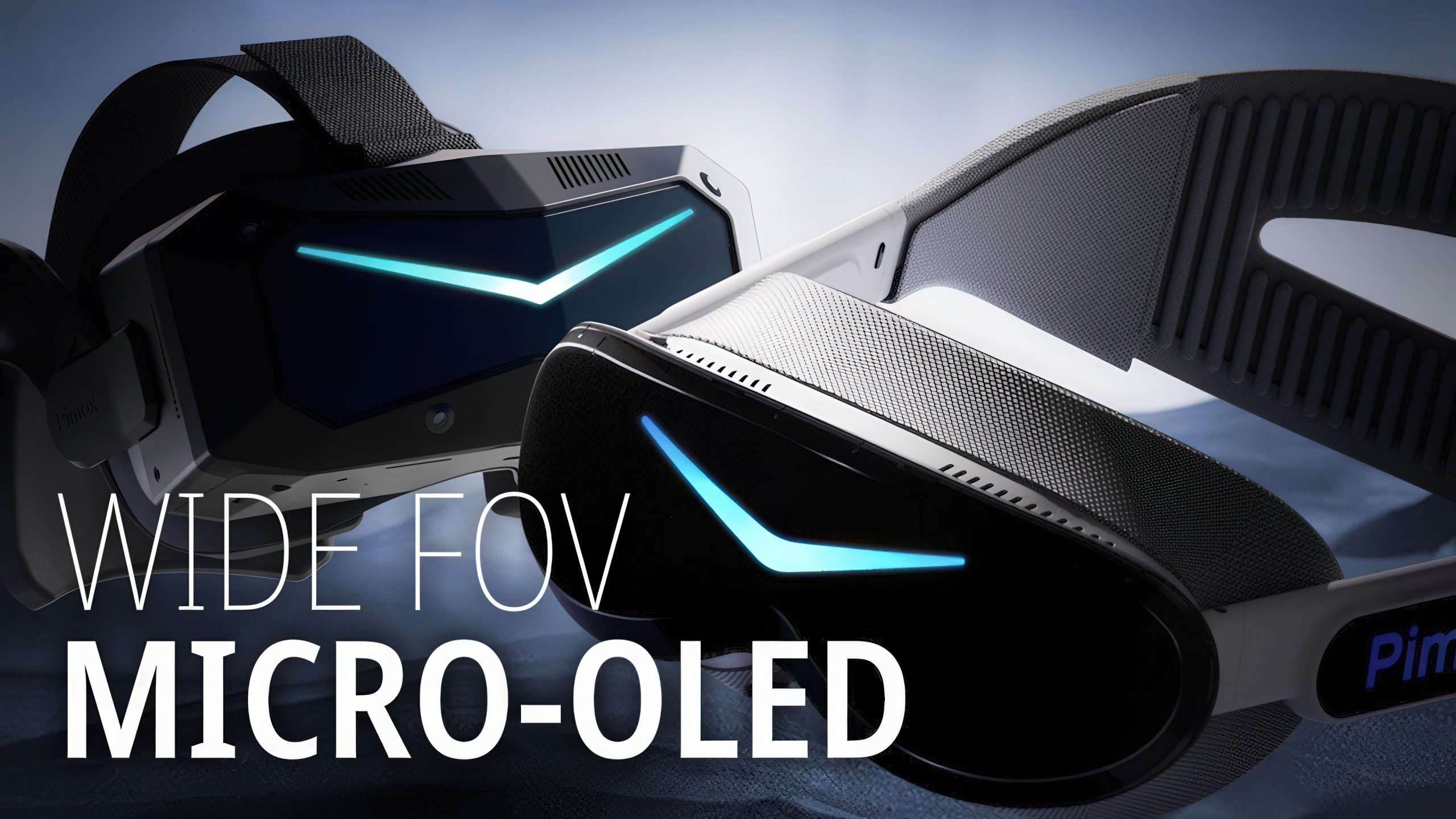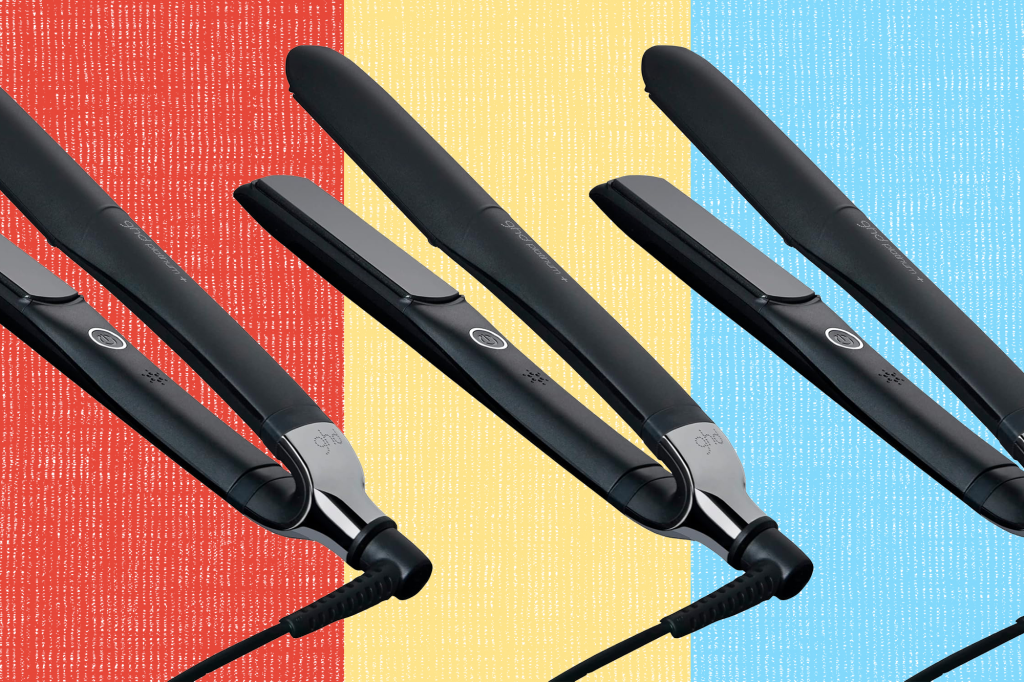
During today’s Sync Presentation, Shanghai-based VR manufacturer Pimax has unveiled three new Virtual Reality headsets based on its new Micro-OLED product line.
Micro-OLED technology is considered by some to be the future of virtual reality thanks to its ultra-high pixel density, near-infinite contrast, and deep blacks. However, it has so far presented significant challenges, including heat management, optical compatibility, and scaling to high resolutions. Pimax claims to have overcome these challenges with its proprietary three-element ConcaveView pancake optics, which enable Micro-OLED to deliver clarity and immersion without compromise.
The most accessible headset of this trio is the Pimax Dream Air SE, which offers premium clarity with its 2560 x 2560 resolution per eye and ultra-sharp Micro-OLED panels. It is also extremely light at 140 grams, making it one of the lightest VR headsets ever manufactured. Its full-featured package includes built-in 6DOF SLAM tracking, Tobii eye-tracking, dynamic foveated rendering, and integrated spatial audio, making it ideal for everyday VR. The Dream Air SE is priced at $899 and can be pre-ordered on this page.
Its larger sibling, the Pimax Dream Air, was presented by the manufacturer as their compact flagship featuring 3,840 x 3,552 resolution per eye — over 27 million pixels combined — with Sony Micro-OLED panels for unrivaled sharpness. Thanks to Pimax’s ConcaveView pancake optics, the Dream Air achieves an unprecedented 110° horizontal and 120°+ diagonal field of view (FOV) for such a portable form factor. Weighing under 170 g, it is optimized for both gaming and professional applications with stereo overlap that enhances depth perception. It is far more expensive, though, at $1999. Pre-orders can be submitted here.
Finally, the Pimax Crystal Super goes even further with its 116° horizontal and 128°+ diagonal field of view (FOV) with Sony Micro-OLED panels and ConcaveView optics—the widest FOV ever achieved with Micro-OLED VR technology. As part of the modular Crystal ecosystem, it supports interchangeable optical engines, including Ultrawide, 57 PPD clarity-focused, and Micro-OLED. This gives users the flexibility to switch between maximum immersion and maximum sharpness. The price is $2199 and the VR headset can be purchased here.
Early adopters will receive exclusive bonus accessories from Pimax, including prescription lens frames and a free copy of Le Mans Ultimate. The products are scheduled to be released later in 2025.



